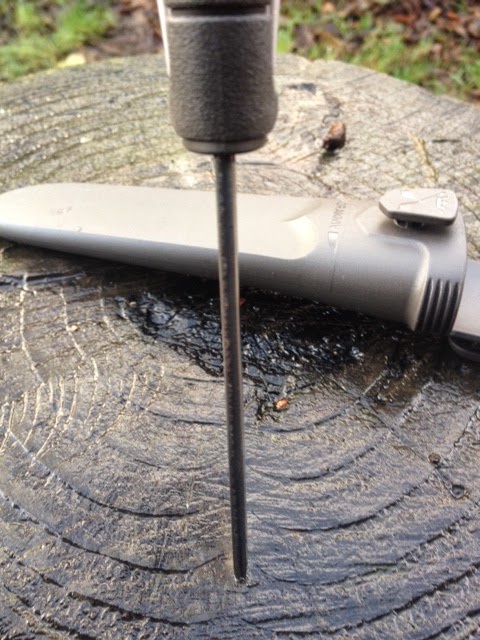This is often used in Northern England in Dock pudding, even though it's not a dock leaf as we know it, it is in the higher classification of polygonaceae, though it certainly looks somewhat similar.
you can see that the mature leaves are similar to dock leaves though the very pronounced heart shape and the ribs enable it to be distinguished,
The little spike of pale pink or sometimes white flowers are a simple distinguishing feature when the plant is in bloom
and the leaves... they are somewhat bitter at this stage though much more palatable when younger and narrower. They can be eaten raw but are better treated like spinach and cooked with a little butter, when I tried it I found the centre rib needed to be removed to make it easier to eat though this wouldn't be a problem when the plant is used when young.
Medicinally the root is a powerful astringent, and is used in the treatment of reducing inflammation in throat and mouth. It is also used in the treatment of diarrhoea and is an effective coagulant.











